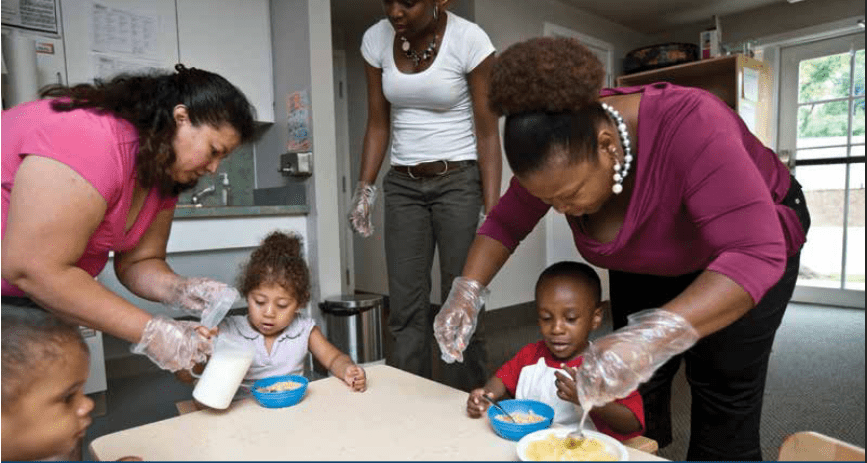This month marks 3 years since the Covid-19 pandemic wreaked havoc around the world. All of the different sectors of the field–early childhood education, health care, mental health, early intervention, child welfare–have experienced disruptions over the past few years as the world has continued to adjust to the repercussions: hiring and retention challenges, financial instability, limited resources, supply chain issues, and ongoing health and health care needs. Families continue to adjust to changes that impact every aspect of life, and service providers correspondingly navigate the secondary trauma of bearing witness to the suffering of children and families.
Whether the crisis of the pandemic can lead to greater opportunity and necessary change is yet to be determined, but it is essential to continue having important conversations about difficult topics. The recognition of the significance of mental health is an encouraging trend emerging from the unfortunate fact that mental health struggles are evident to an unprecedented degree in this country. Further, the effects of the crisis are compounded by existing inequities in certain communities—people of color, immigrants, and in families with low incomes—lending increased urgency to efforts to reduce racial inequities and advance social justice. The levels of burn-out among direct service providers, ongoing staff shortages, and the high level of staff turnover are the tip of the iceberg. Addressing the numerous barriers to sufficient support requires systems-level policies and solutions, including public investments, livable wages, affordable health care, work–life balance, and adequate professional development opportunities and support.
The articles in this issue provide hope and inspiration, highlighting efforts around the country to make a significant and positive impact on children and families, the professionals who serve them, and the larger systems of support, including:
- an innovative approach to reflective consultation that is grounded in diversity-informed practice and radical healing principles;
- the national initiative to establish clarity and unity in the early childhood education field by identifying career pathways, qualifications and competencies, standards, accountability, supports, and compensation;
- how policymakers and program administrators can buffer the impact of the stressors inherent in serving marginalized and traumatized populations;
- coaching and mentoring models for the infant–toddler workforce, developed with an antibias and equity lens;
- creating successful, culturally sensitive virtual peer support groups for underserved early childhood educators; and
- leveraging funding to strengthen the early childhood education system at the state level.
We are eager to hear from our readers and ZERO TO THREE members about where you are currently finding inspiration and information to meet the needs of children and families during these challenging times. Please share your stories with us at Letters to the Editor [http://s.alchemer.com/s3/ZERO-TO-THREE-Journal-Letters-to-the-Editor].
Stefanie Powers, Editor-in-Chief
Suggested Citation
Powers, S. (2023). This issue and why it matters. ZERO TO THREE Journal, 43(3), 2.




